Real Estate Terms Every Home Buyer & Seller Needs to Know
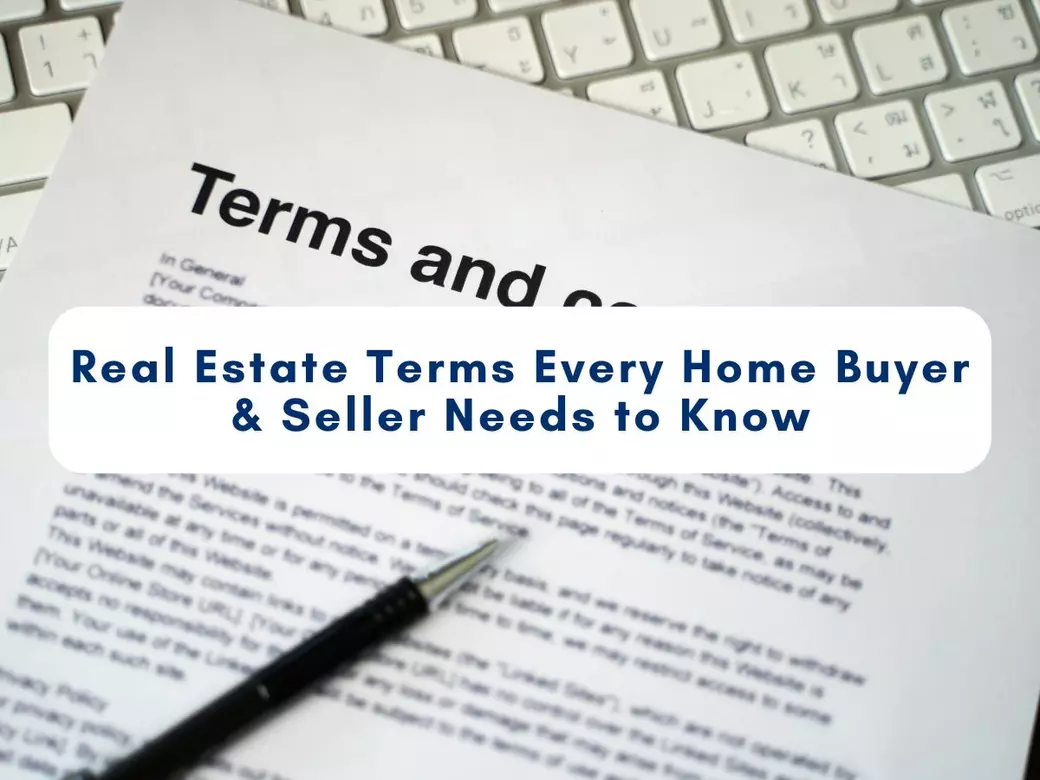
Real Estate Terms Every Home Buyer (and Seller) Needs to Know
Buying or selling a home—especially for the first time—can feel like learning an entirely new language. Between contracts packed with legal jargon, a whirlwind of deadlines, and industry abbreviations that sound like alphabet soup, it’s easy to feel overwhelmed. In real estate, misunderstanding just one term could mean missing out on your dream home, overpaying, or facing unexpected delays.
If you're a renter ready to take the leap into homeownership, or a first-time seller trying to maximize your property’s value, understanding the basics isn’t just “nice to have”—it’s essential. The clearer you are on the lingo, the more confident and in control you’ll be when big decisions come your way.
Whether you’re browsing charming homes in Locust Grove, considering lakefront living at Lake of the Woods, searching for land in Culpeper’s countryside this glossary-style guide will break down the must-know real estate terms into plain, everyday language—so you can navigate your next move like a pro.
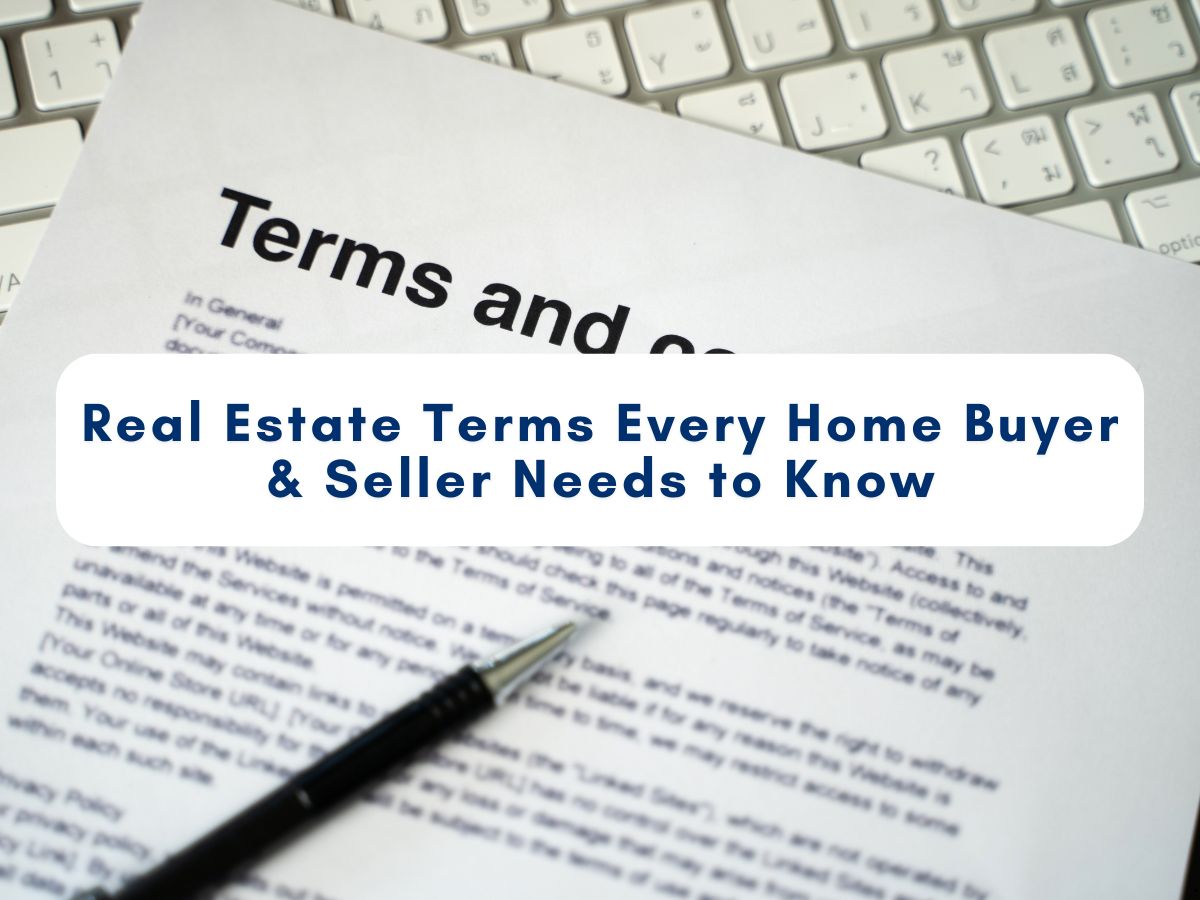
Real Estate Contract Lingo You’ll Definitely Hear
🏠Addendum
An addendum is simply a change or addition to your original contract. For example, if the buyer and seller agree on a new closing date after the contract is signed, that update would be written in an addendum.
➡️ Active
This means a home is currently listed for sale and accepting offers.
💡Active Under Contract
The home has a signed contract, but certain contingencies (like inspections or financing) haven’t been met yet. It’s not a done deal, so backup offers might still be accepted.
📈 CMA (Comparative Market Analysis)
A CMA is used to determine the fair market value of a home by comparing it to similar properties that recently sold in the area. It's a crucial tool your Realtor® will use whether you're buying or selling.
Mortgage & Money Terms Made Simple
💰 EMD (Earnest Money Deposit)
Think of this as a buyer’s good-faith deposit. It shows the seller you're serious. The amount varies but is typically 1–2% of the home price. It’s applied toward the purchase at closing.
🧾 Pre-Approval
This is when a mortgage lender evaluates your finances (income, credit, debt, etc.) and provides an official letter saying how much they’re willing to lend you. A pre-approval is much stronger than a pre-qualification and essential in competitive markets.
🏠 Appraisal
An independent assessment of a property’s value—usually required by your lender. If the appraisal comes in lower than your offer price, you might need to renegotiate or make up the difference in cash.
🏦 Mortgage
This is the loan you take out to buy your home. Monthly payments usually include principal, interest, taxes, and insurance (PITI). Understanding your mortgage terms is vital for budgeting.
💸 Closing Costs
These are closing fees paid at the end of a transaction and typically include lender fees, title insurance, taxes, and more. For buyers, this usually totals 2% – 5% of the home price.
Contingencies That Can Change the Game
🔍 Home Inspection
This is a thorough review of the home’s condition, including structure, roof, electrical, plumbing, and HVAC. Inspections can reveal major issues—and give you negotiating power or a reason to walk away.
💼 Financing Contingency
Gives buyers time to secure their loan. If something falls through with the mortgage, this contingency allows buyers to exit the contract without penalty.
📉 Appraisal Contingency
If the appraisal is too low, buyers can negotiate with the seller or cancel the contract. Without this contingency, buyers might be on the hook for the difference.
🧾 Title Contingency
Ensures there are no legal claims (like liens) on the property that could affect ownership. Title companies investigate and resolve any issues before closing.
People in the Process
🧑💼 Buyer’s Agent
This is the Realtor® who represents the buyer and helps with home searches, offers, negotiations, and the entire process through closing.
🧑💼 Seller’s Agent (Listing Agent)
This agent represents the homeowner selling the property and works to get them the best price and terms.
Timelines & Statuses You Should Know
📆 DOM (Days on Market)
This tells you how long a home has been listed for sale. High DOM may mean the home is overpriced or has issues. Low DOM? It might go fast—especially in a seller’s market.
🏁 Closing
The big day! This is when the property legally changes hands from seller to buyer. Keys exchanged, documents signed, and you’re officially a homeowner.
👀 Walk-Through
Usually done a day or two before closing. This is the buyer’s last chance to ensure the property is in the agreed-upon condition—no unexpected surprises.
Special Property Situations You Might Encounter
⚖️ Short Sale
This is when a homeowner sells the property for less than what they owe on the mortgage. It must be approved by the lender and can take longer to close.
🏚️ Foreclosure
Occurs when a homeowner defaults on their mortgage. The lender takes back the home and sells it, usually "as-is." Buyers can get deals, but inspections and timelines may be tricky.
🚪 Easement
Gives someone else the legal right to use part of your land for a specific purpose—such as utility access or a shared driveway.
Final Thoughts: You Don’t Have to Navigate This Alone
Understanding real estate language isn't about sounding smart—it’s about protecting yourself. If you’re a first-time home buyer, military family on a tight relocation timeline, or a seller trying to coordinate a move, this knowledge empowers you to ask better questions, make stronger decisions, and move forward with confidence.
Real estate is more than contracts and square footage—it’s about life transitions, financial milestones, and building a future you’re excited about. The right Realtor® will not only know these terms inside and out, but explain them in ways that make sense for your unique situation.
Buying or selling a home can feel overwhelming—especially when you're trying to decode contracts, compare properties, and juggle timelines. But here's the truth: You don’t have to be an expert. You just need someone who is.
If you’re feeling stuck or unsure, it might be time to talk to a local expert who knows the Virginia market and speaks your language (without all the jargon). Whether you’re ready to explore your options or just want a free real estate glossary you can keep on hand, I’ve got resources that can help.
Categories
Recent Posts
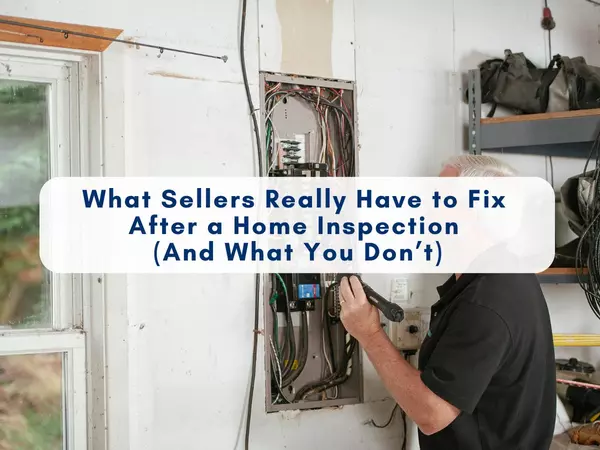





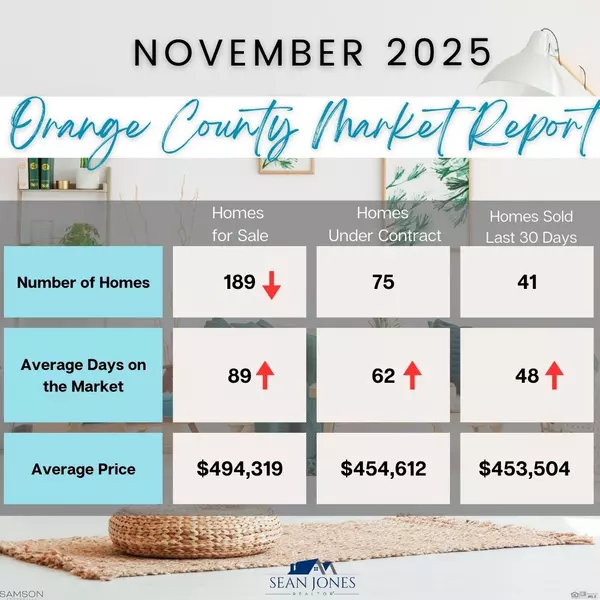


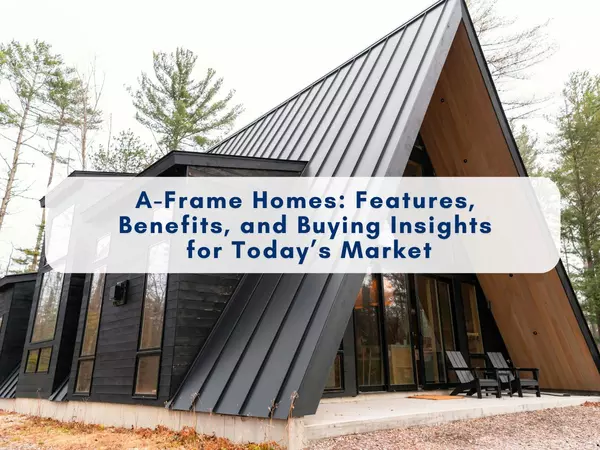

Buying a home isn’t just a financial decision—it’s a deeply personal journey filled with hopes, dreams, and big life changes. That’s why choosing the right real estate professional is one of the most important steps you can take.
A knowledgeable and experienced REALTOR® does more than open doors and write offers. They’re your advocate, your problem-solver, and your steady guide through what can sometimes feel like an overwhelming process. Whether it's navigating a competitive market, negotiating on your behalf, or keeping things on track behind the scenes, the right agent is there to protect your interests every step of the way.
In the end, buying a home should be an empowering experience. With the right person by your side—someone who brings both expertise and heart—you can move forward with confidence, knowing you're in good hands with Sean Jones.
GET MORE INFORMATION
